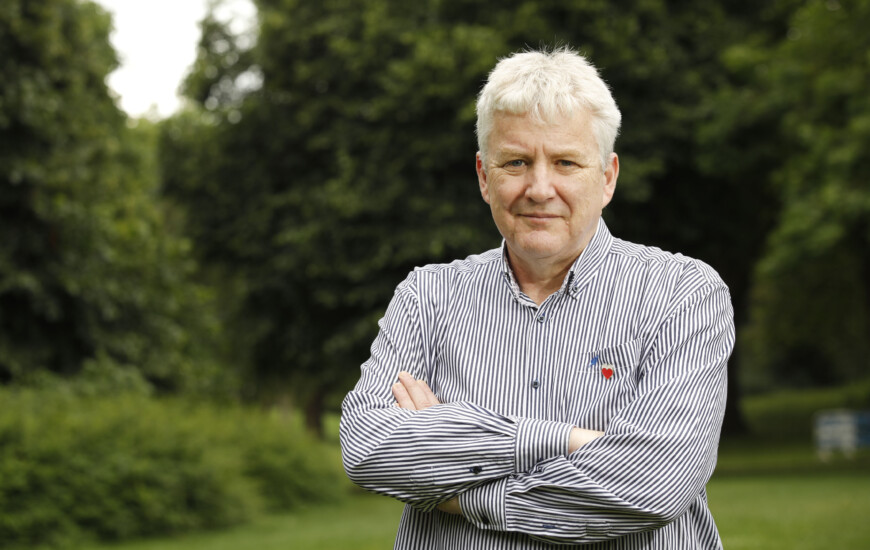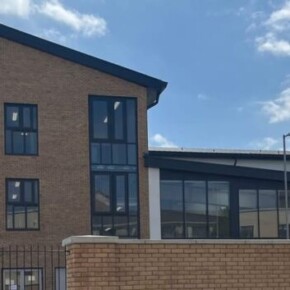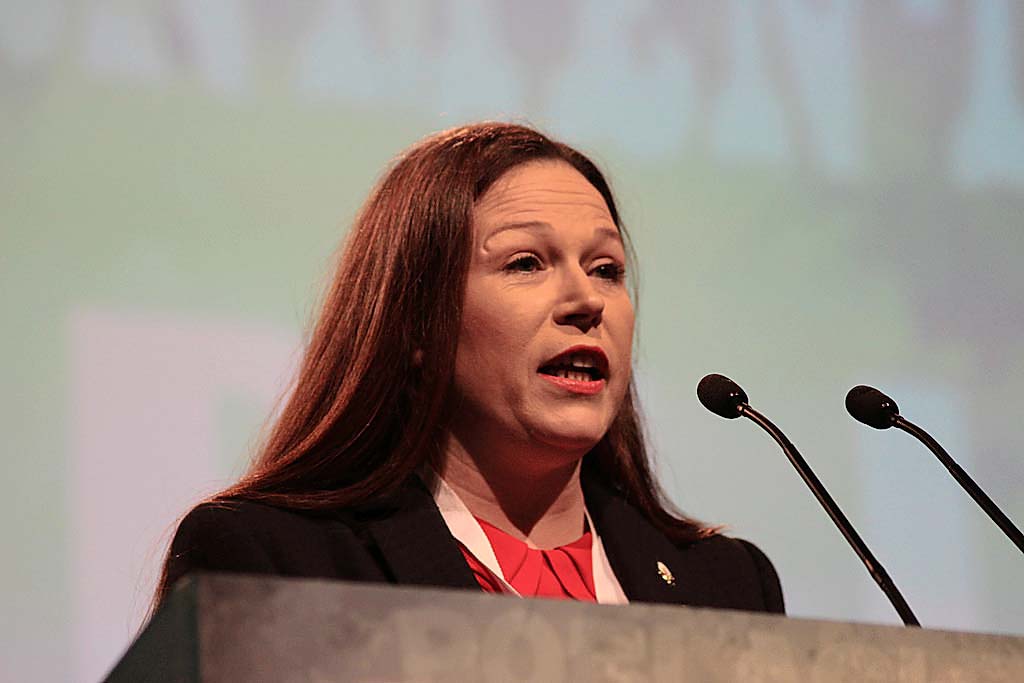Dublin TDs and Senators back call for new health policy
Dublin People 30 Apr 2025
TDs and Senators in Dublin have joined an Oireachtas Heart and Stroke group to back urgent calls for a new national cardiovascular disease (CVD) health policy.
Deputies Cormac Devlin, Paul Donnelly, Ruth Coppinger, John Lahart, Sean Crowe, Neale Richmond, Rob O’Donoghue, Marie Sherlock, Paschal Donohoe and Barry Heneghan have agreed to be advocates for the thousands of heart disease and stroke patients in their constituencies.
They are joined in the initiative by Senators Eileen Flynn and Evanne Ni Chuilinn.
Ten thousand lives a year are claimed by CVD, Ireland’s biggest killer, accounting for almost 30% of all mortality.
In Dublin, 168,000 people live with the disease, which causes a wide range of heart conditions.
Nationally, 80,000 CVD patients are discharged home every year – or one every seven minutes.
But despite the enormous toll of death and infirmity, Ireland has not had a CVD disease policy for over five years.
The new group, set up by the Irish Heart Foundation, aims to build consensus across the political spectrum to support these “abandoned” patients – and thereby deliver huge reductions in preventable death and disability.
“The absence of a policy framework for the prevention, detection and treatment of CVD, along with services that maximise patients’ health and wellbeing in the community, is preventing the development of lifesaving services,” said Chris Macey, Director of Advocacy with the charity.
“This is resulting in preventable death, disability and loss of quality of life on a significant scale.
“Cardiovascular care has been operating in a policy vacuum for the last five and a half years since the previous National Cardiovascular Health Policy expired.”
Ireland, he said, has the lowest number of cardiologists per capita in the EU and there is a critical need for investment in cardiac imaging, including Echocardiography, Cardiac CT, and Cardiac MRI.
In addition, for those discharged from hospital, access to cardiac and stroke rehabilitation remains inadequate, they are also struggling due to the high costs associated with having a CVD condition and the widespread absence of psychological support to deal with the trauma of having a stroke, heart attack or other heart disease diagnosis.
Mr Macey said that for the first time in several years, the Irish Heart Foundation is optimistic about the future prospects of heart patients and stroke survivors.
“The sector is united. It has a vision that can address current deficits and futureproof services for the rapid upsurge in heart disease and stroke due to our expanding and ageing population,” he said.
“This can deliver big reductions in preventable death and disability, through more cost- effective services, but it can only be achieved if policymakers make CVD a national health priority in the midst of so many crucial competing needs across our health services and our population.”











